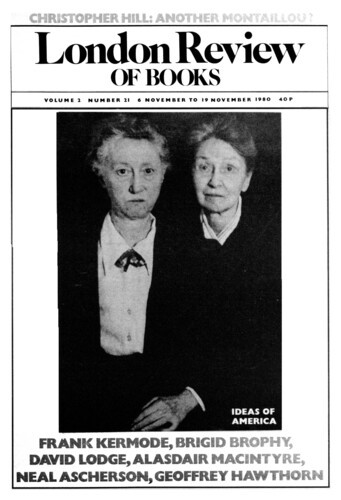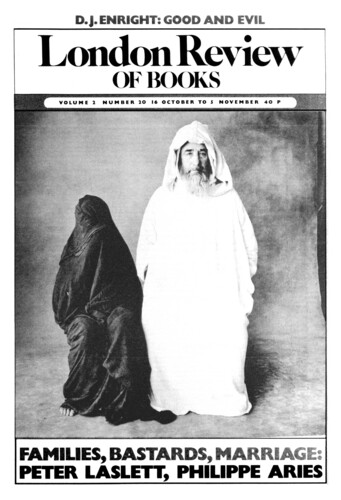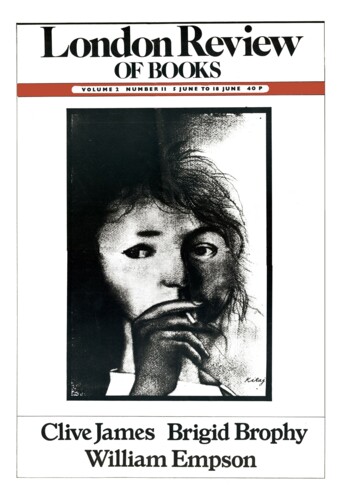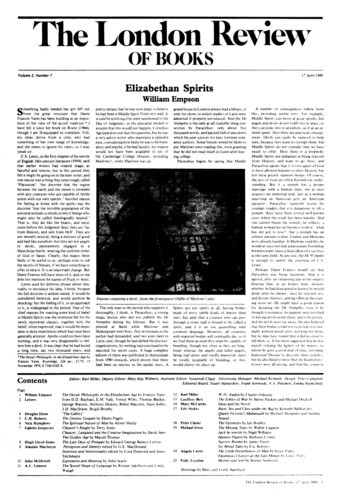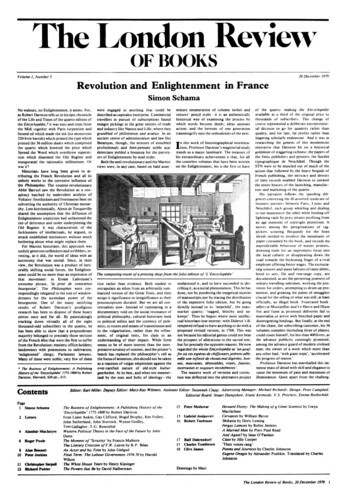The Idea of America
Alasdair MacIntyre, 6 November 1980
Garry Wills has two distinct aims in this book. He wishes to demythologise American beliefs about the Declaration of Independence in order to discredit the view that the United States is founded upon an idea, upon a set of moral beliefs. In so doing, he is trying to refute, not only external commentators such as G.K. Chesterton, who wrote that ‘America is the only nation in the world founded upon a creed,’ but more importantly a central American tradition whose hero and spokesman is Lincoln. Lincoln is for Wills the prototype of the political moralist who is prepared to appeal to the Declaration against the status quo, even the constitutional status quo. From this moralism, so Wills believes, spring many of the evils that the United States, its aims sanctified in its own eyes by its high principles, has brought upon the world and itself. Yet it is, on Wills’s view, a moralism deeply alien to Jefferson’s own beliefs and intentions as embodied in his drafts of the Declaration.
